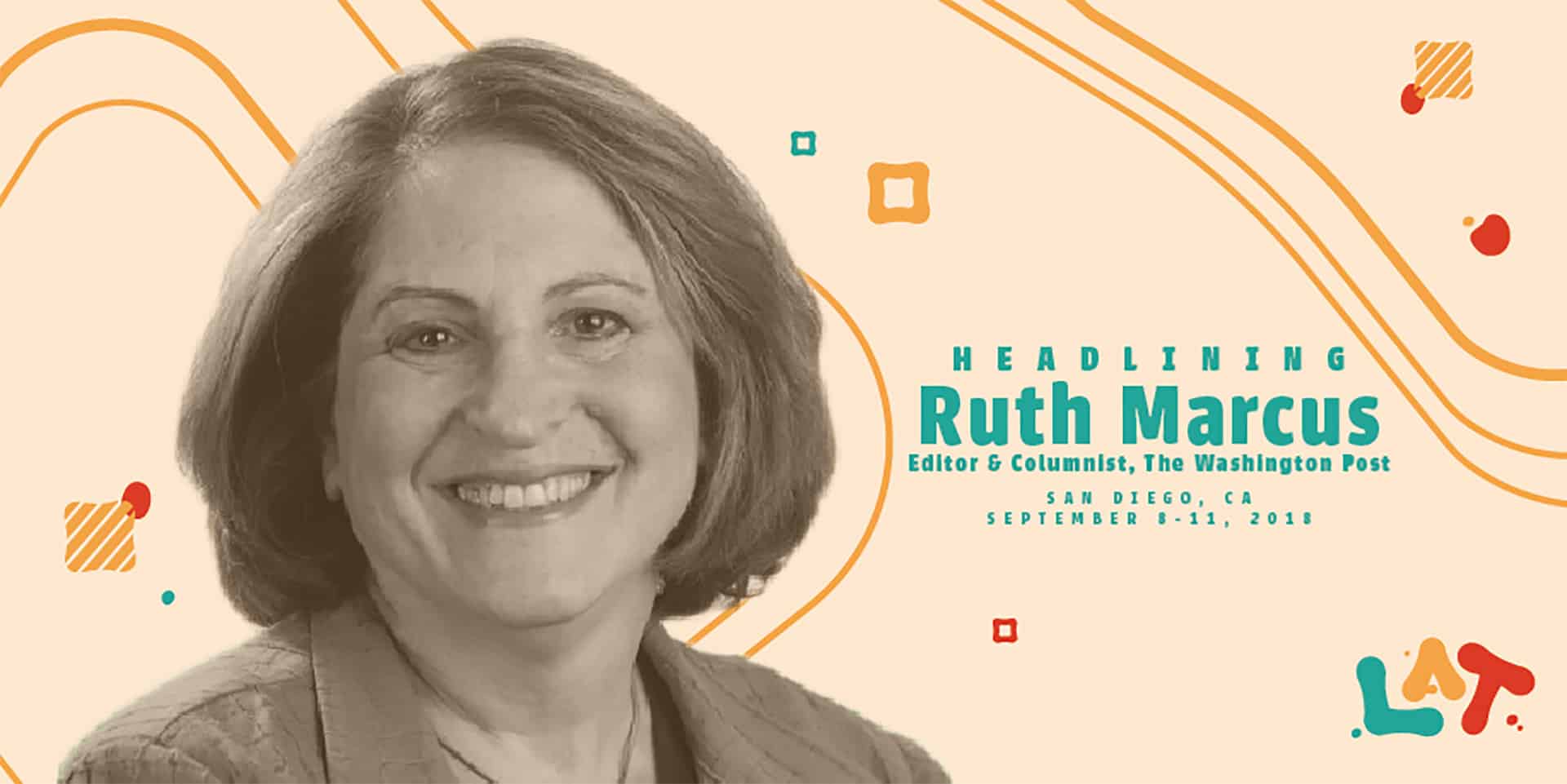Freedom of speech and of the press are pillars of the civil liberties granted by the Bill of Rights. Since the founding of the nation, a healthy tension between government and the press has existed by design. Tension was intended to bolster checks and balances between the various branches of government and increase accountability and transparency.
However, what happens to those checks and balances in an era of “fake news,” or when 280 characters, often without citation, nuance or analysis in a Twitter feed define our largest source of information and “truth-sharing?”
The Reuters Institute recently released its 2017 Digital News Report which found that America’s media environment is more polarized than any other Western country, with right-leaning audiences being the most skeptical of news from mainstream sources1. The rise in partisan media often drives citizens to only rely on one or two sources of news. And, what happens to the American discourse when sources of news say completely opposing stories? Can Democracy work without a shared set of facts?
L’ATTITUDE brings you Don Baer, chairman of the PBS board, Ruth Marcus from the Washington Post, and Ron Brownstein from CNN to further explore the complex relationship between the media and American politics.

